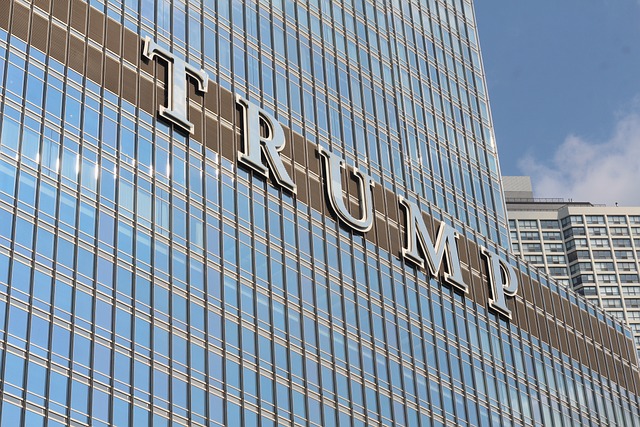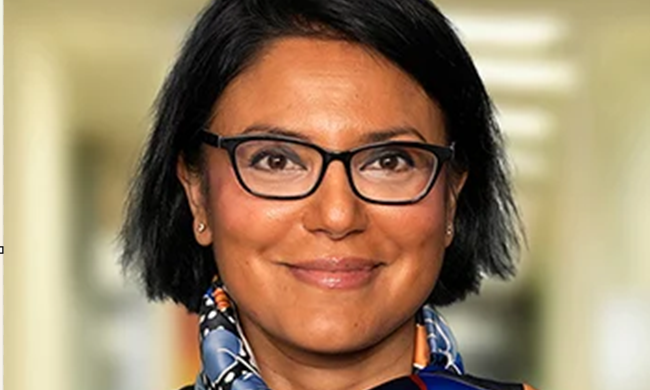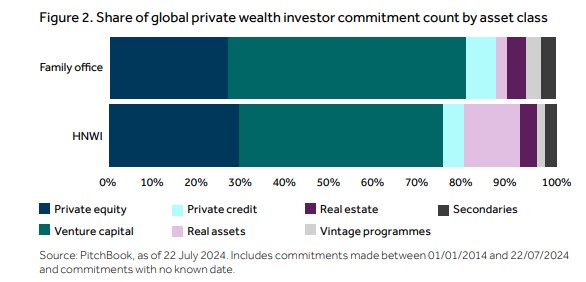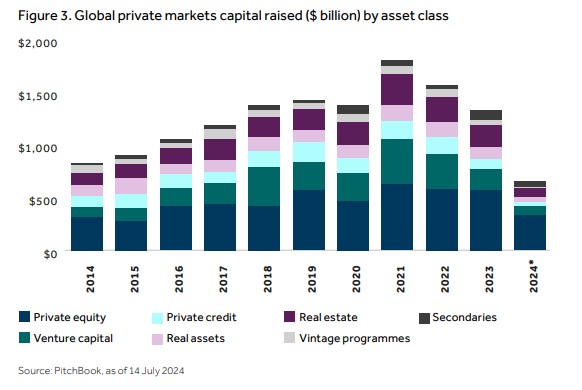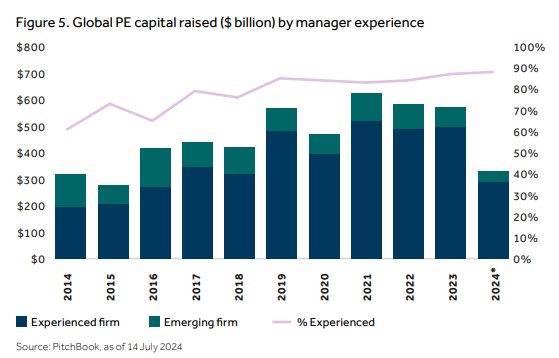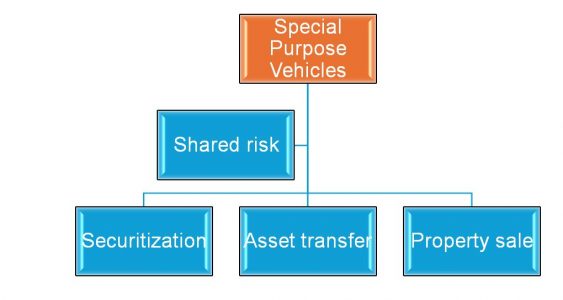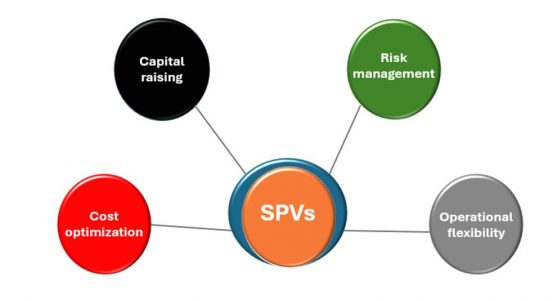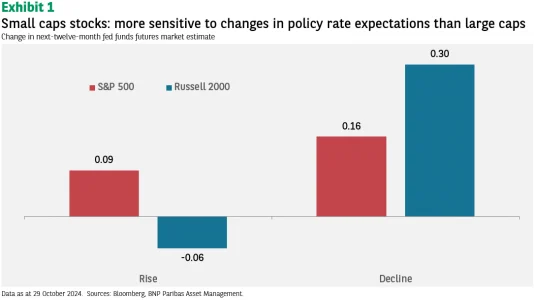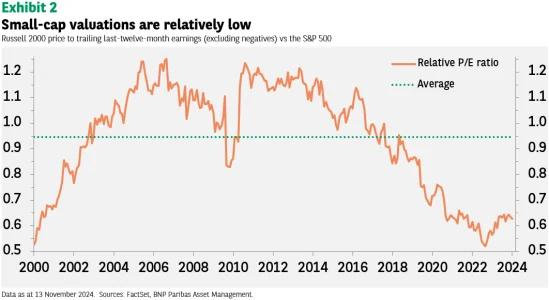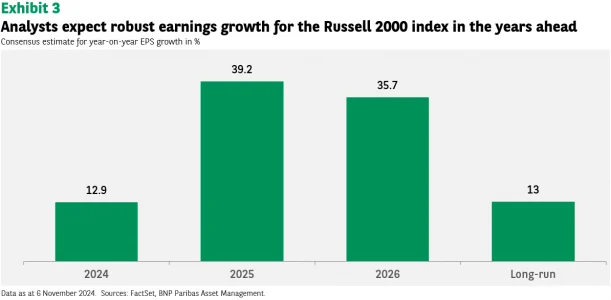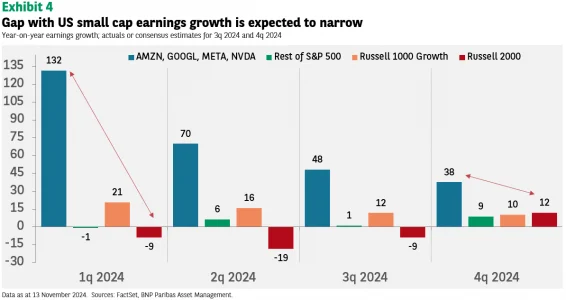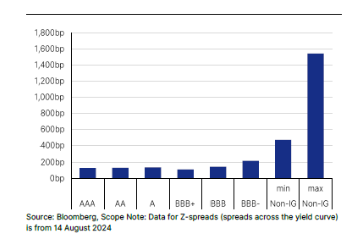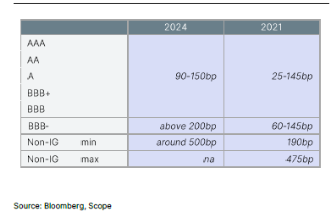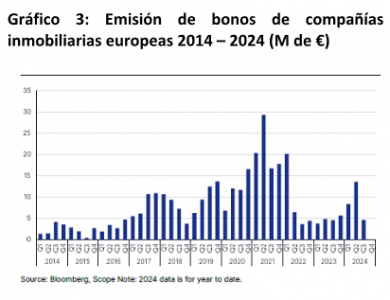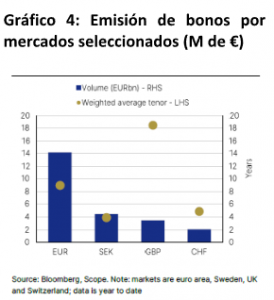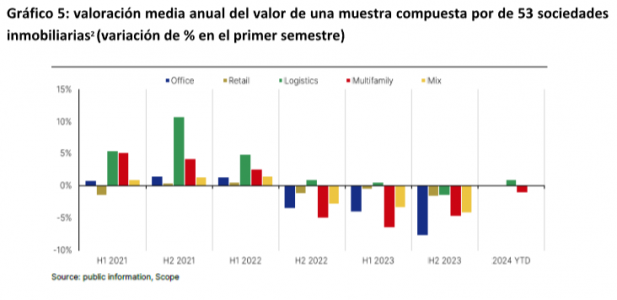
Amundi has announced the acquisition of aixigo, a technology company that has developed a modular offering of high-value-added services for distributors of savings solutions. According to the asset manager, aixigo’s platform, fully API-based, enables the quick and easy deployment of new services within the existing IT infrastructure of banks and financial intermediaries.
The asset manager explains that in a context where digital technology has become a key factor in managing client relationships in wealth management, managers are seeking technological tools that allow their teams to advise, distribute, and manage investment solutions more efficiently. “As a result, the market for technology services for wealth management players, as well as private and retail banks, is experiencing significant growth,” they state.
Amundi, already active in this booming market through its business line Amundi Technology and its Alto solution, will accelerate its development with the acquisition of aixigo, further strengthening its position as a provider of technology and services. Amundi’s client and geographic coverage in this market will be expanded thanks to aixigo’s client base in Germany, Switzerland, and the United Kingdom.
Combination of Platforms
Founded in Germany 25 years ago by a group of academics, aixigo has experienced rapid growth in recent years, with significant revenue increases. With a team of 150 employees, aixigo currently serves more than 20 clients, including major international financial institutions representing over €1 trillion in assets under management. Around 60,000 advisors use aixigo’s services daily to onboard clients, build and manage allocations, execute orders, and generate reports.
Meanwhile, Amundi Technology has also been enhancing its offerings, “providing the investment and savings sector with technological solutions for portfolio management, employee savings and retirement, wealth management, and asset services,” the company states.
Currently, its high-profile client portfolio includes more than 60 entities, including banks, private banks, pension funds, insurers, fund custodians, and asset managers across Europe and Asia. “From now on, aixigo’s tools will become part of the solutions that Amundi Technology offers its clients across the entire savings value chain,” they note.
A High-Value Transaction
Amundi explains that this transaction, aligned with its strategic plan and financial discipline, will generate significant value due to the business’s growth potential, as well as revenue and cost synergies. “The transaction amount is €149 million. The return on investment will be close to 10% after three years and exceed 12% after four years,” they state.
On the operation, Valérie Baudson, CEO of Amundi, remarked: “Institutions distributing savings products are increasingly seeking solutions and external partners to improve operational efficiency and offer advice, services, and products in a more personalized, faster, and higher-quality way. To meet these needs, Amundi has developed a range of services and a technological platform that will be strengthened with aixigo. With this new expertise, already adopted and recognized by major financial firms, we will continue developing innovative new services and play an active role in the evolution of the financial advisory and wealth management sectors. This transaction will generate significant value for our clients, partners, and shareholders.”
Guillaume Lesage, Chief Operating Officer of Amundi, added: “We are delighted to welcome aixigo’s experienced teams, who will bring their entrepreneurial spirit, cutting-edge technological skills, and deep understanding of client needs. With this development, we will accelerate the deployment of Amundi Technology’s services for private banks and wealth managers, offering a broader, more flexible, and scalable solution to address an even greater range of business cases.”
Benjamin Lucas, Managing Director of Amundi Technology, commented: “Amundi Technology is fully committed to providing pioneering technological solutions and exceptional service to our clients globally. By combining the leading capabilities and solutions of Amundi Technology and aixigo, we will create a transformative offering for the wealth management and banking industries. We share a vision and a focus on excellence and growth for all our stakeholders, and we are extremely excited to welcome aixigo’s teams as we continue this journey together.”
Arnaud Picut, CEO of aixigo, stated: “Joining Amundi Technology represents a unique opportunity to expand our service offering and leverage Amundi’s expertise, enabling us to become the undisputed leader in Europe before gradually extending our reach to Asia. This vision perfectly aligns with our values and ambitions. It is also an opportunity to thank Urs Ehrismann, founder of Fronttrail Equity Partners, who has supported us as an investor over the past six years, helping us build a successful European wealthtech platform.”
Finally, Christian Friedrich, member of the Executive Board and co-founder of aixigo, added: “The union of aixigo and Amundi Technology will create a true powerhouse in the wealthtech sector. I am very excited about the opportunities and possibilities this will create for the aixigo team. Our long-standing clients will benefit from the combination of our shared skills and strengths, driving new services in the wealth management market. I look forward to the innovations this partnership will bring.”

